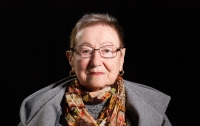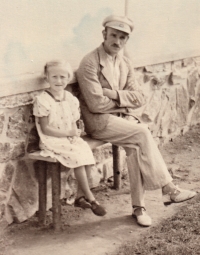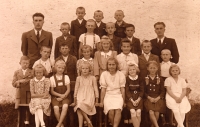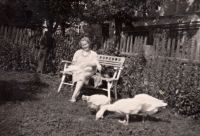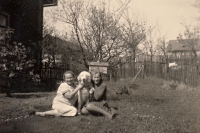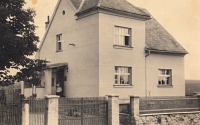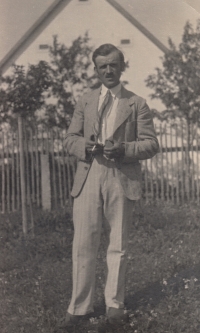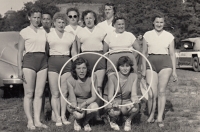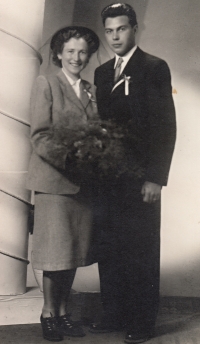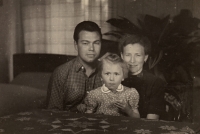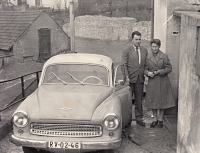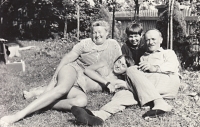I had to join the factory when I was 14
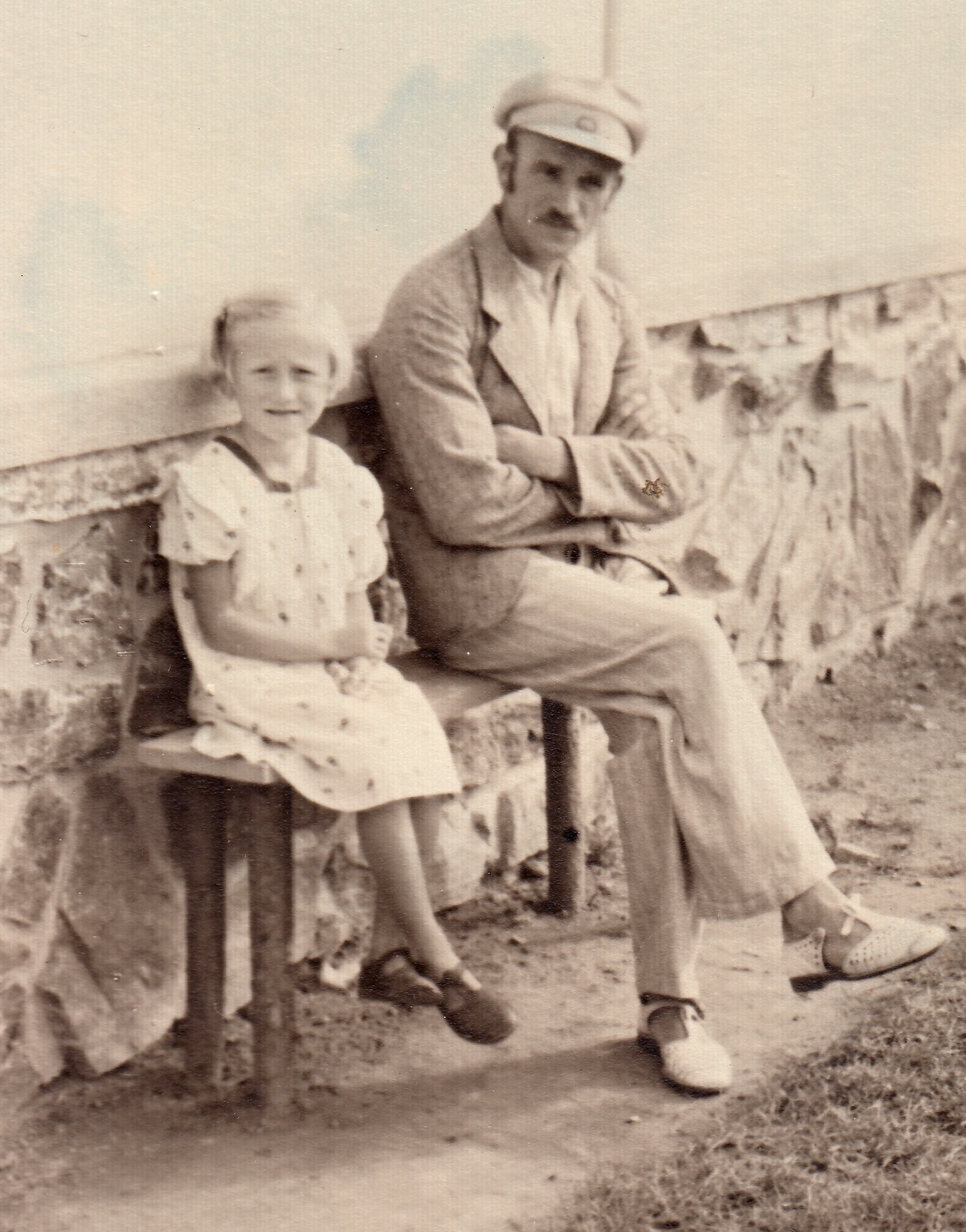
Download image
Marta Michálková was born on 27 July 1931 in Soběslav. Her dad was Jaroslav Bílek, he worked as a warehouseman in the Lada sewing machine factory. Mum Marie Bílková, née Souchová, was a housewife and earned extra money as a seamstress. The family soon moved to the countryside to live with her grandparents in the village of Mezná. There Marta went to primary school and lived a nice, idyllic childhood, which she recalls fondly. Shortly after the war, her parents decided to move to the borderlands, where they had the opportunity to buy a nice house left by the Germans. Before the Schmidt family went into exile, they lived in the house together. After the war, the town of Plesná was inhabited mostly by Czech Germans, but over time it was settled by immigrants from Romania, Volhynia or Slovakia. Her father got a job there in the nationalized textile factory Lehrmann, where Marta soon started working as well. She was fifteen years old. She stayed at the factory, later renamed Tosta, for forty-three years. Although she had only completed primary school, she continued her education on the job and took various courses in office work. She worked her way up to head of the transport department. By 2023, she was living in Plesná.
